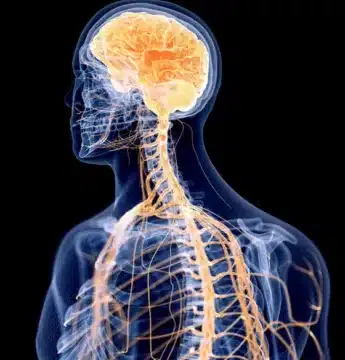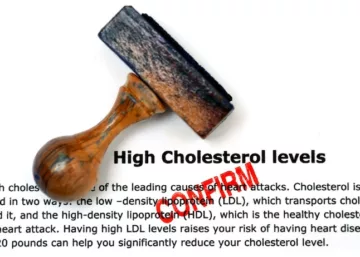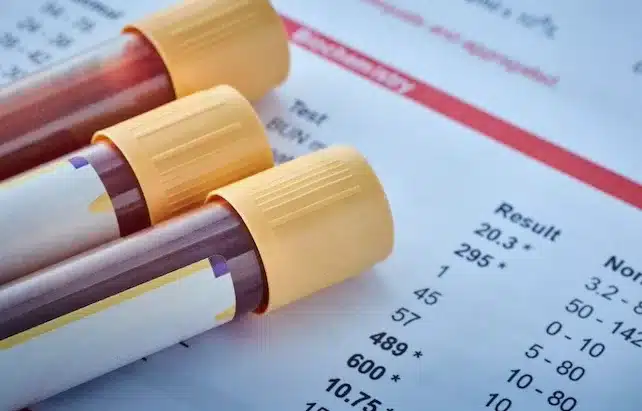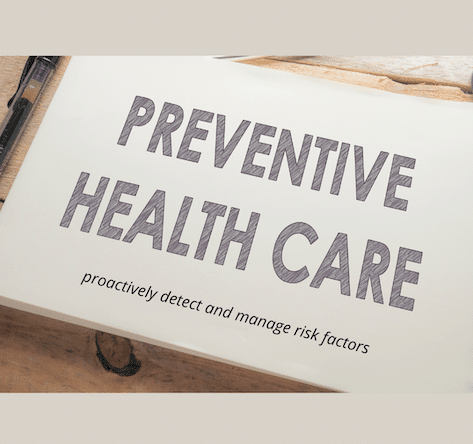Cholesterol has a bad reputation and is feared due to its association with cardiovascular disease risk. However, cholesterol is an essential component to our human bodies. It forms the structures for hormones, vitamin D, bile acid, brain myelin and all cell membranes.
There is little discussion about low cholesterol levels (below 160 mg/dL), which has serious health consequences and is highly related to autism, suicide, depression, anxiety, bipolar and Parkinson’s diseases. It is becoming a more well known marker to assess especially as it relates to brain health and the nervous system, but not talked about enough. And it may surprise you how much cholesterol we make actually within our own body, as opposed to only getting cholesterol from our diet. Cholesterol from our diet is only responsible for about 20% of our total body cholesterol! The other 80% is made in our liver and intestines!
Cholesterol from our diet is only responsible for about 20% of our total body cholesterol!

The brain has the most cholesterol of all organs in the body. There is a direct correlation between cholesterol concentration in the brain and how well the brain functions. Most of this cholesterol is concentrated in the myelin in your brain, which is what protects nerve fibers and allows nerves to fire quickly. If you don’t have enough cholesterol in the brain, it will be hard for your nerve fibers to fire efficiently and cognition will be slowed and impaired, among other potential abnormalities, including mood disorder.
Cholesterol Is A Marker For Longevity!
Since cholesterol is a major component in all steroid hormones and cell membranes, there will be dysfunctional cellular and hormone health, when cholesterol is deficient. Not only this, but it is now being more accepted that cholesterol is a marker for longevity.

Of course too much cholesterol in the blood is a true risk factor for cardiovascular disease, which causes increased inflammation and decreases blood flow to vital organs. It is vital to assess your cardiovascular health via blood work and treat with lifestyle modifications, supplements and sometimes pharmaceuticals are necessary to bring blood markers back to a safe level.
So how you do know if you have a healthy level of cholesterol?
The first thing to do is have a fasted blood draw to determine cholesterol levels. If they are high, you will want to be mindful of your lifestyle factors that could contribute and if they are really high then you will need to speak with your doctor about medications and/or genetic causes. Not only do we want to check a basic lipid panel though, we also want to assess C-reactive protein, phospholipase A2 and homocysteine, among other more specialized testing based on your presentation and genetic history, in order to get the full picture of what is going on, as your body doesn’t do anything randomly!

If your cholesterol level is below 160 mg/dL, then it will also be important to assess causes, because this can lead to impaired brain health, mood and even possibly neurological diseases. Addressing lifestyle factors, such as being sure that you are consuming enough healthy fats in your diet such as fish, eggs, avocados, nuts/seeds, dairy if you can tolerate it, etc will be an important step to improving your cholesterol levels. Depending on the lab levels and symptom picture, a cholesterol supplement may be valuable.
All this being said, low cholesterol levels are as dangerous as high cholesterol levels. So we don’t want to fear cholesterol, we want to be educated and aware of the body’s needs. If you’re worried about your cholesterol levels or think you may have hormone imbalance or brain/mood imbalances, please contact us today!

Take Control of Your Heart Health Today!
Understanding your cholesterol is the first step toward better well-being. At Regenerate Health Medical Center, we offer personalized solutions to help you optimize your health naturally. Schedule a consultation with Dr. ACE today and discover how we can support your journey to a healthier you!





